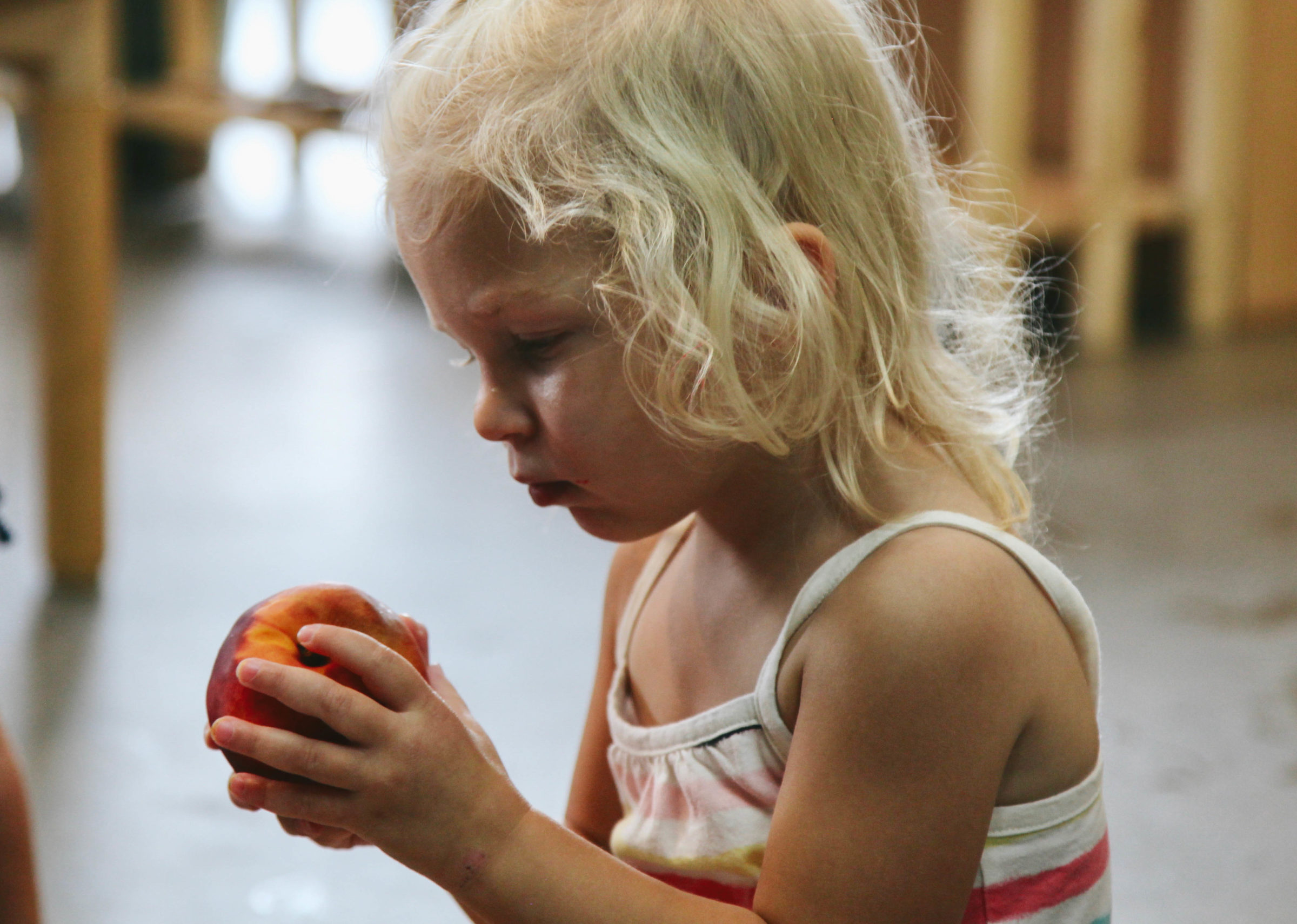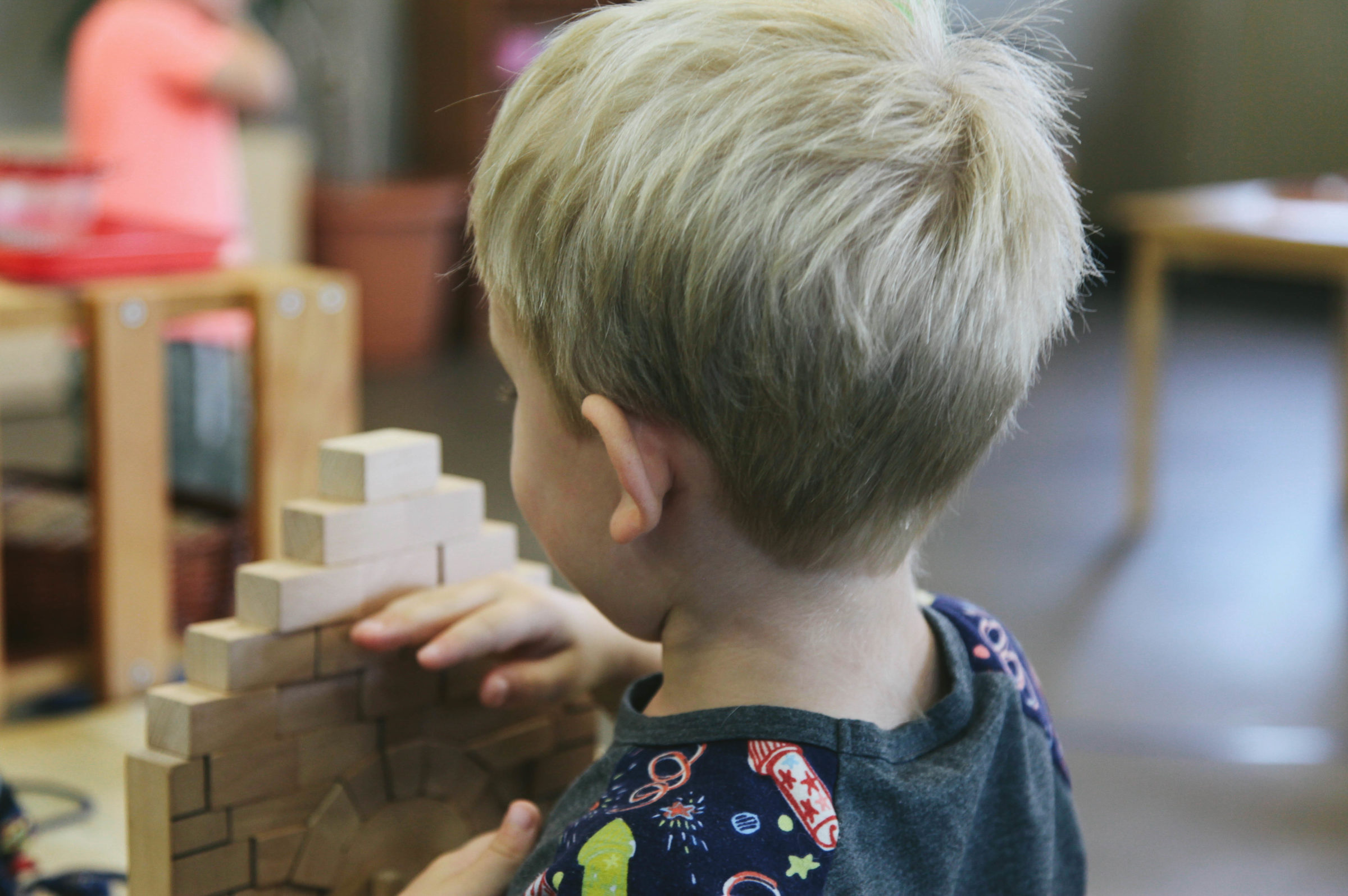Everything Matters
Thoughts & Reflections

Montessori had a number of major, radical breakthroughs in the field of education. What is usually charted up as her most notable is the idea that we, as adults, must learn to follow the interests of the child. We must meet them where they are, not where we think they should be. From this original, powerful insight stem so many other branches, outgrowths quintessential to truly understanding the revolution Montessori enacted. A revolution, we should add, that is still being played out today.
In our estimations, the single most underappreciated development by Montessori is the idea that how children learn is in direct relation to the environment in which they learn. Montessori understood that the presentation of the materials, for instance, must be neat, orderly and carefully fashioned. This is not to make things look pretty for adults, or prospective parents, but to entice and support the sense of wonder and discovery that children embody. Who wants to engage with an activity that looks disheveled, unorganized and out of place.
As spring approaches, we put together a few refresher style thoughts centered around the idea that the environment itself is a work of art. It must constantly be attended to, nurtured, and ultimately prepared in such a way that it will come to take care of and usher in the instigation of learning initiated by our students. As you may have heard us articulate before, we believe that, “schools should be machines in the ways in which they are run, not in the ways in which they teach”.
What we mean by this phrase is captured rather eloquently by Buckminster Fuller, the great American designer, author and inventor, in a little known text called, Education Automation (2010:75). Writing in the early 1960s on the future of education and the changing needs of students and society, no less than the systems in which they operate, he states:
“Real education will be something to which individuals will discipline themselves spontaneously under the stimulus of their own ticker tapes…No two persons have the same appetite at the same time. There is no reason why they should. There is no reason why everyone should be interested in the geography of Venezuela on the same day and hour unless there is some “news” event there, such as a revolution. However, most of us are going to be interested in the geography of Venezuela at some time – our own time – but not all on the same day. Simultaneous curricula are obsolete.”
While traditional approaches to education often offer the type of single curricula that Buckminster Fuller describes, teaching the same thing at the same time to every student, despite their abilities or interests, Montessori focuses on the total educational experience. Traditional styles of education, then, are machines in the way they teach – and, everything else is just, well, everything else. For Montessori, however, everything matters because it’s a direct indication of the entire learning experience.
Written by:
Bobby George



